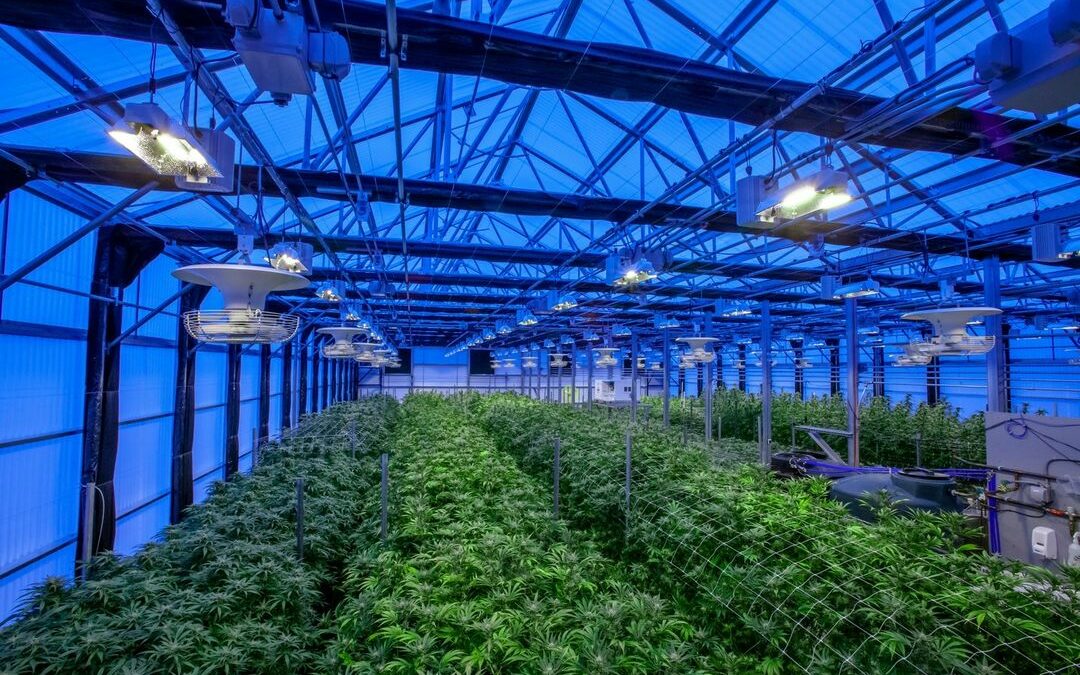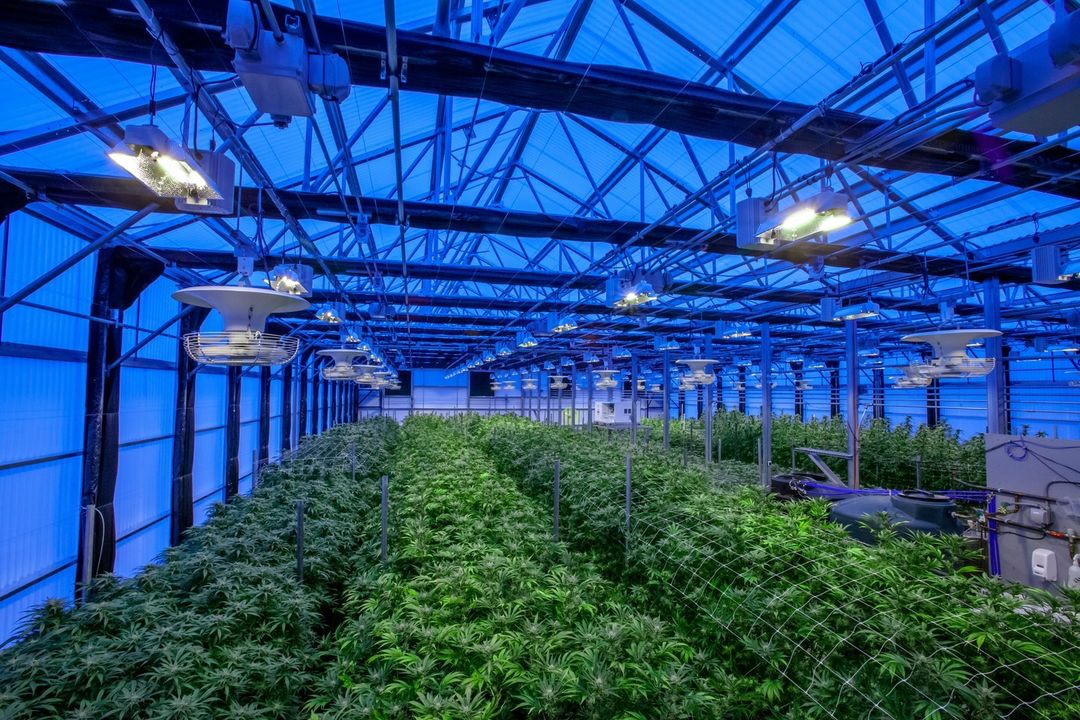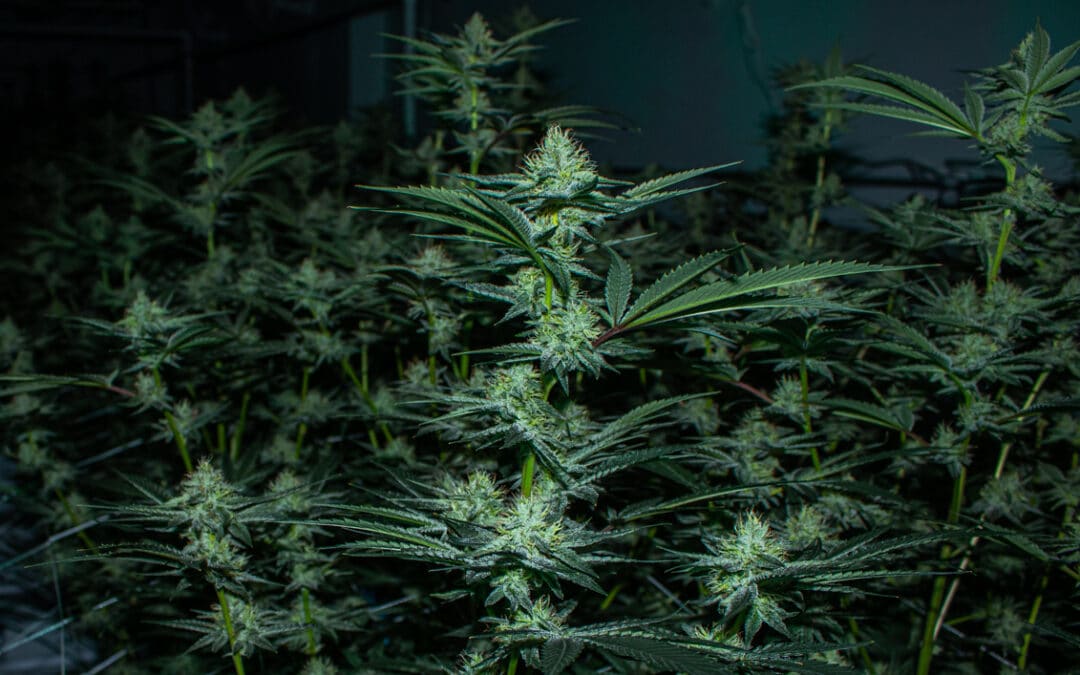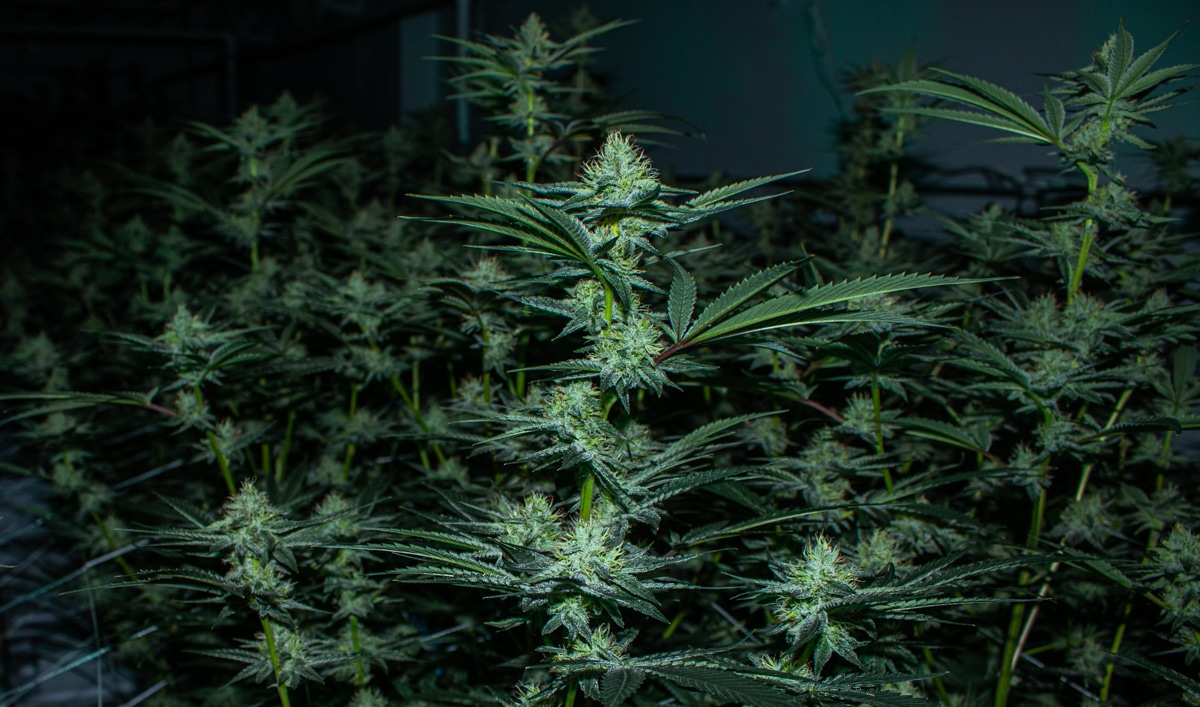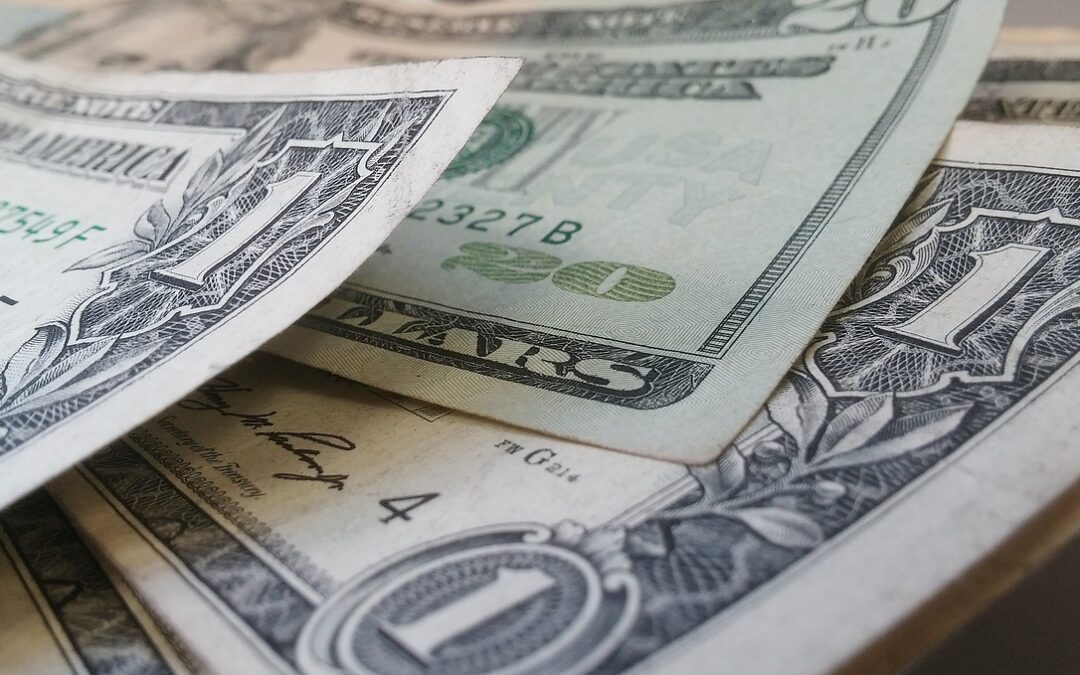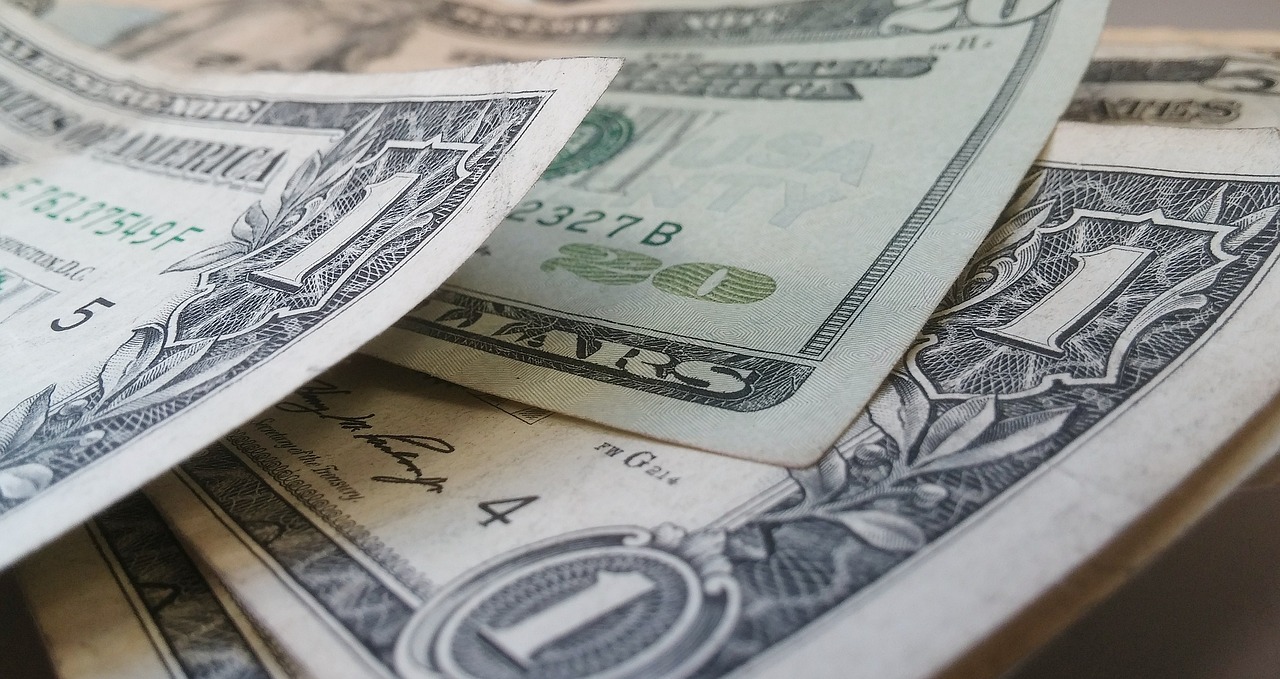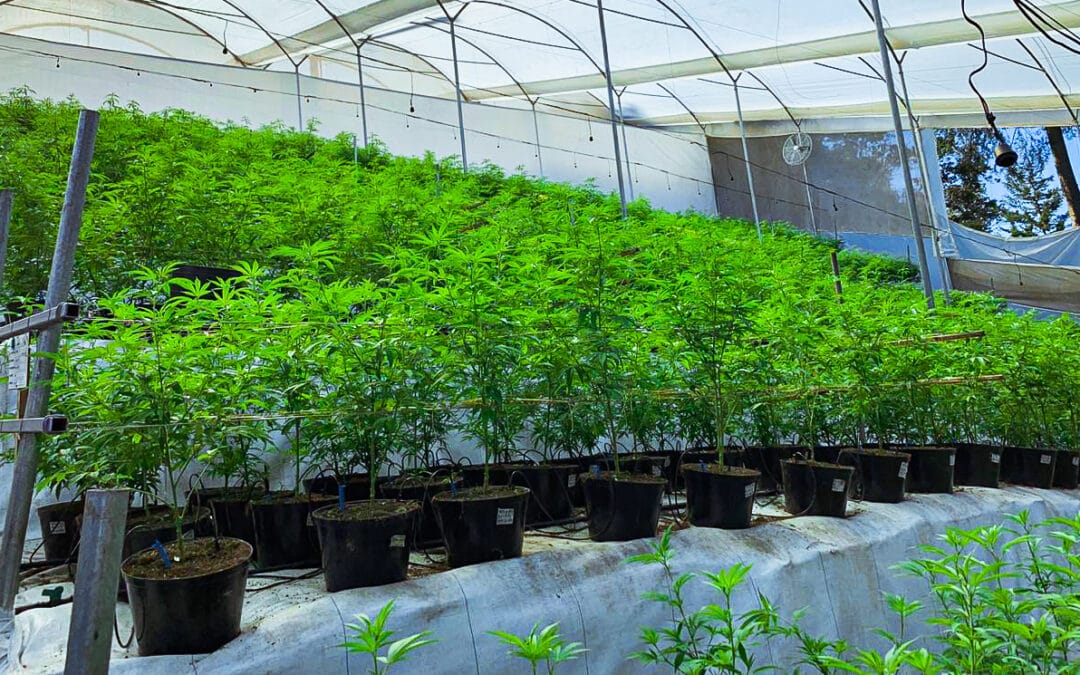
Provisional cannabis licenses in California coming to an end
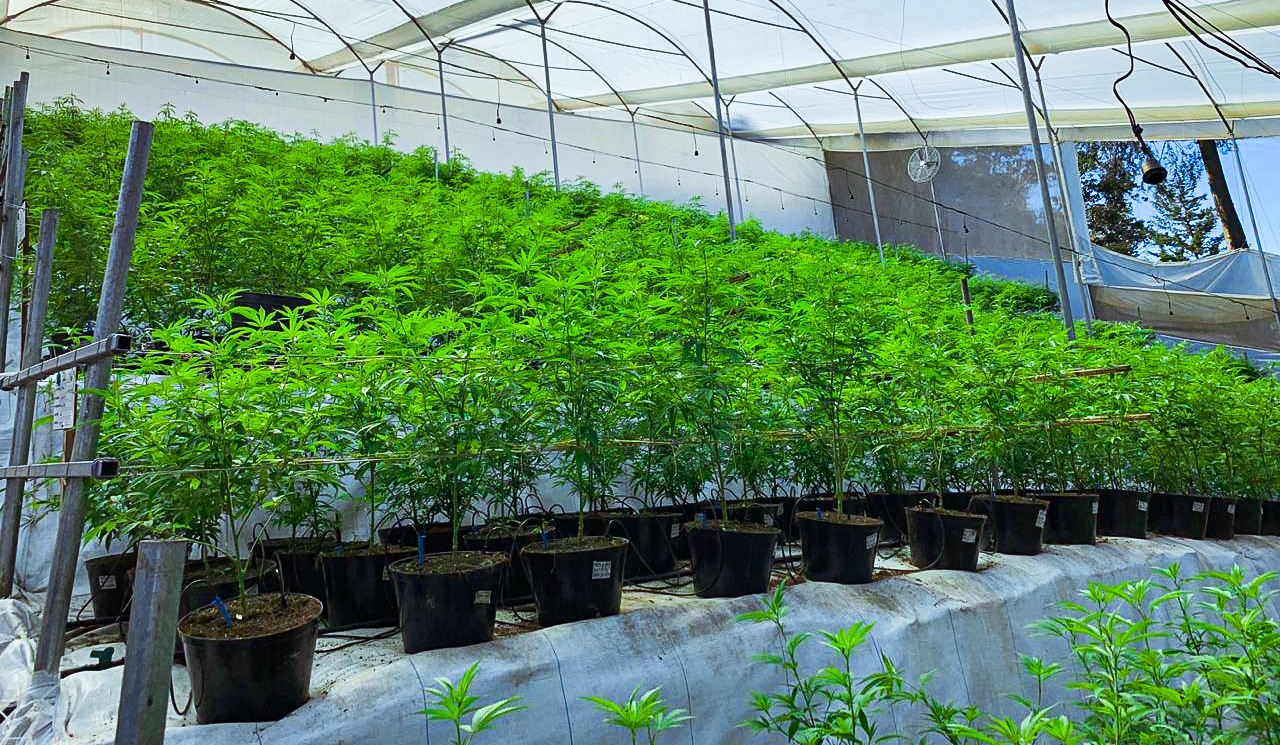
Thousands of business have been put on a timeline as provisional cannabis licenses in California will be coming to and end in the future.
In fact, this change will impact the majority of California cannabis businesses.
Beginning June 30th, the options for entering the cannabis industry in California will become more limited. Potential newcomers will have two options:
- Obtain an annual state license
- Buy an existing licensed company
But obtaining an annual state license in California right now can take months or even years before a new business could begin operations, not to mention the costs of obtaining said license. Buying an existing cannabis company that is already licensed will be a much speedier process, though likely even more costly.
This could mean an increase in merger and acquisition activity in the state. While the end to the provisional cannabis licenses in California is meant to help existing cannabis businesses in the state, it may be too soon to say.
Compared to annual licenses, provisional cannabis licenses in California have been much easier to obtain. Provisional licenses have acted as an extension of temporary permits that were issued following the passing of Proposition 64. These temporary licenses were originally intended to allow already licensed medical cannabis businesses in the state to sell cannabis recreationally while the state set up the regulated industry.
That was in 2018.
In 2022, the majority of the industry is still operating under provisional licenses for a variety of reasons. However most would likely argue that the costs of obtaining an annual license alone is reason enough.
As it stands, current provisional license holders don’t need to worry. However those looking to apply for a new provisional cannabis license in California will have their first deadline March 31, 2022. These will specifically be license applications for mixed light and indoor cultivation at or less than 22,000 square feet of contiguous premises and outdoor cultivation at or less than 20,000 square feet of contiguous premises.
June 30, 2022 is when the California Department of Cannabis Control is when these licenses must be issued. Starting July 1st, renewing a provisional cannabis license in California will become more difficult, requiring specific conditions. However local equity applicants and smaller cultivations will still be able to apply for provisional cannabis licenses in California through 2023.
January 1, 2026 is the last day that any provisional cannabis licenses can be in effect. In other words, all current provisional cannabis license holders — 70% of current businesses in California — have until this date to obtain an annual state license.
The state has allocated $100 million to help the 17 cities and counties with the most marijuana companies to finish transitioning provisionally licensed companies into annual permits. However the annual licensing process is so involved, said attorney Ariana Van Alstine, that some companies have taken years to get theirs. Others are still waiting for their licenses, going back-and-forth with local or state regulators on getting theirs completed or both.
With a priority on transitioning existing provisional cannabis licenses in California, one must hope that the process will run smoothly. Ideally, every provisional license holder will be able to make the switch to an annual license before January 1, 2026.
However if California’s past is to act as any reference, one must also be extremely skeptical.

